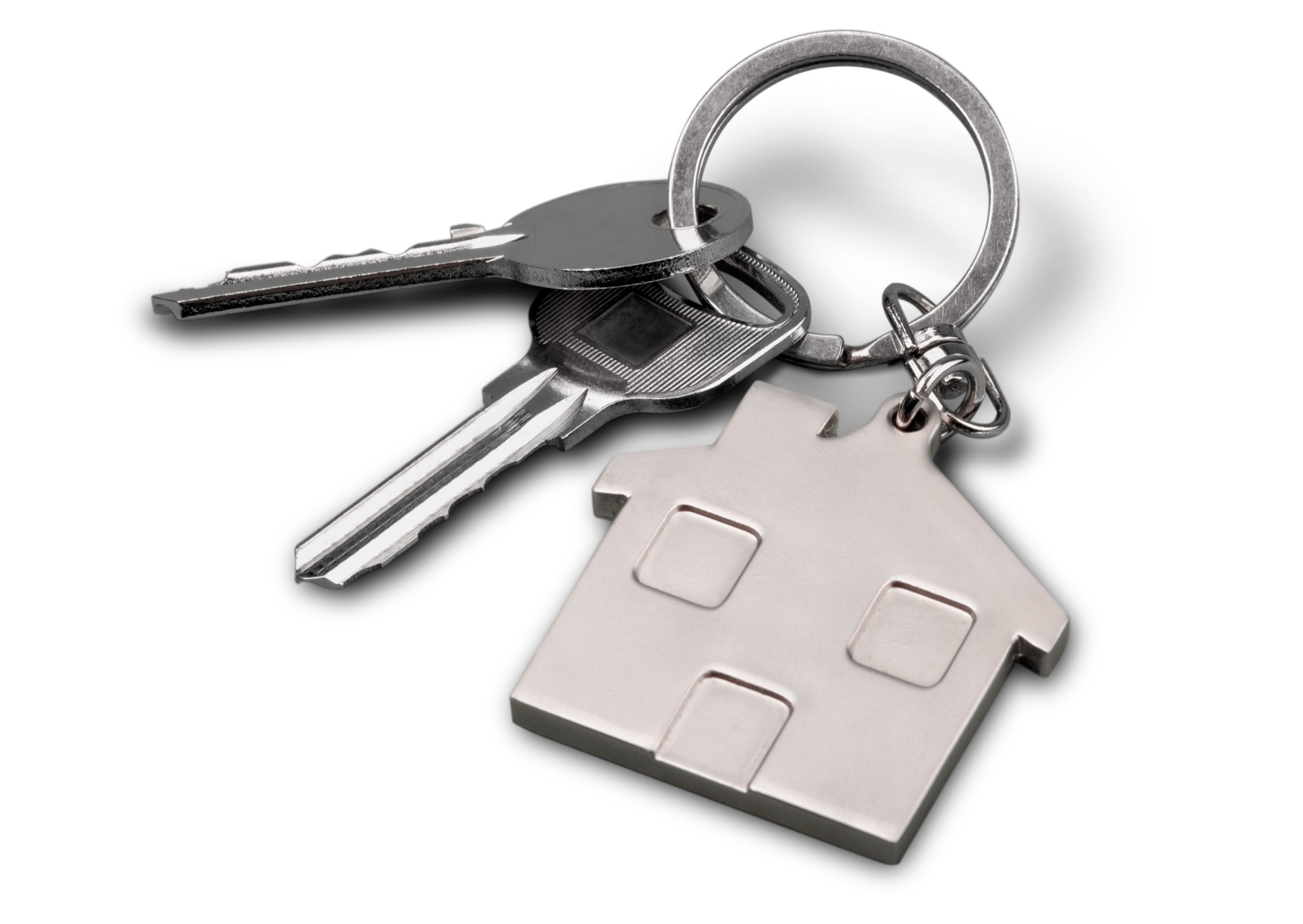Rentvesting is a real estate strategy where an individual or couple rents a property to live in while investing in property elsewhere, typically in a more affordable neighbourhood or location. It's a home ownership solution for people who want to gain a foothold in the property market but can't afford to buy their dream home.

Rentvesting in Spain is becoming a popular approach with the younger generation, who are finding it harder to invest in a property to live in as the costs of real estate and living continue to rise. By renting their primary residence, they can use the money they save to invest in an area with better rental yields or capital growth potential.
How does it work?
The rentvesting strategy can be a way to enter the property market earlier rather than waiting to save up for a deposit in a more expensive location. It also allows flexibility in deciding where to live, as the renter can choose a location that suits their lifestyle or work needs without being restricted by the high cost of buying in that area.
The idea behind rentvesting is to use the rental income from the investment property to cover the mortgage payments and other expenses associated with owning the property while also taking advantage of any potential capital gains in the property market.
However, like any investment strategy, it has its risks and drawbacks. Therefore, it is essential to consider your goals and financial situation carefully before deciding if it is right for you. So, is rentvesting a good idea?
Advantages of Rentvesting
- You don't need to compromise on the lifestyle that you want or your quality of life while at the same time getting onto the property ladder and creating an extra income stream.
- Rentvesting can help you buy a home sooner because you can target substantially cheaper properties than your dream home, so you're not required to save up as much for a large deposit.
- You are more likely to make an informed decision when purchasing a property than make an emotional one. Buying an investment property doesn't come with the same level of sentimental engagement – you're likely to be more focused on a property's potential return on investment.
Disadvantages of Rentvesting
- You must still live in a rental property; your primary residence is still someone else's. As a tenant, you may be forced to move out at the end of your lease if the landlord so chooses.
- You have to pay both rental and homeownership costs. These costs can include deposits, property buying costs, mortgage, insurance, repair, and maintenance costs.
Rentvesting is an approach which allows individuals to invest in real estate without having to compromise their preferred lifestyle or living in a less desirable location. But before you take the property plunge, do your research, as there are some serious considerations and planning that should go into any property buying decision. Then, if you need help figuring out where to start, ask a professional to guide you in the right direction.
